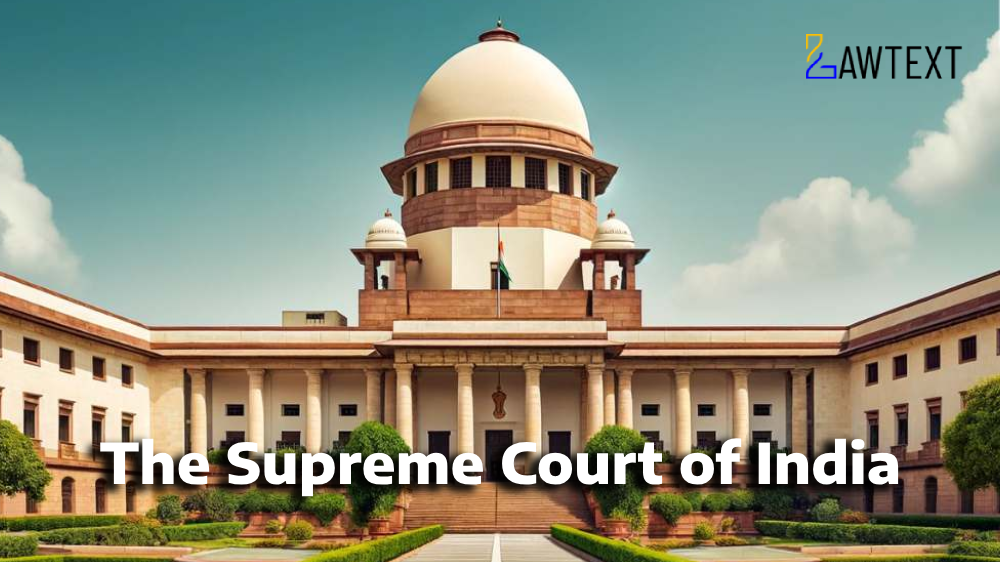Case Note & Summary
Restitution of Judgment Debtors in Court Auction Sales: Interpretation and Application of Section 144 CPC
The legal issue in this appeal revolves around the restitution of a judgment debtor subsequent to the modification of a decree, as stipulated in Section 144 of the Code of Civil Procedure, 1908 (CPC). The decree initially issued by the Trial Court underwent modification by the appellate court. However, execution proceedings had already transpired, resulting in the sale of the judgment debtor’s property.
Key facts encompass the loan extended by the plaintiff’s husband to the defendant, precipitating a lawsuit for recovery. The appellate court amended the decree, reducing the amount owed. Consequently, the plaintiff executed the decree, leading to the sale of the defendant’s property, subsequently acquired by a third party.
Arguments by Appellant: The appellant contends that the auction purchaser (the decree holder) should not be entitled to equity, particularly in light of their awareness of the ongoing litigation. They assert that restitution should ensue following any alteration or modification of the decree, citing pertinent case law.
Arguments by Respondents: Respondents argue that the auction sale was inevitable and highlight the appellant's failure to deposit any amount when the decree was originally passed or modified. They underscore the appellant's non-participation during proceedings and propose that restitution is not the sole form of compensation available.
Analysis: Section 144 CPC mandates restitution to parties impacted by the variation, reversal, or modification of a decree, with the aim of restoring parties to their pre-decree status. The principle of restitution transcends Section 144, inherent in the court's obligation to uphold justice. The differentiation between decree holders and third-party purchasers in restitution cases is pivotal, with bona fide purchasers typically shielded.
Introduction: The issue of restitution in court auction sales, particularly concerning third-party purchasers cognizant of pending proceedings, has undergone judicial scrutiny, reflected in various judgments, including those of the Supreme Court of India.
Chinnamal Case Analysis: In the Chinnamal case, the Supreme Court established that third-party purchasers acquiring property in a court auction with knowledge of pending litigation cannot oppose restitution, deemed to have assumed a calculated risk akin to speculative purchasers. The court emphasized the duty to safeguard litigants from adverse outcomes due to court errors or irregularities.
Principles Underlying Section 144 of CPC: Section 144 of the Code of Civil Procedure underscores the court's duty to avert harm to parties during legal proceedings, echoing Lord Cairns' dictum that no individual should suffer due to a court's mistake and underscoring the imperative of dispensing justice. Restitution is viewed as reasonable in cases involving court auction purchasers apprised of pending appeals.
Padanathil Ruqmini Amma Case Analysis: In the Padanathil Ruqmini Amma case, the Supreme Court reiterated the distinction between decree-holder auction purchasers and third-party purchasers, affirming that decree-holder auction purchasers must relinquish the property upon decree reversal, while bona fide third-party purchasers are shielded. The court rebuffed the contention that an assignee from a decree-holder auction purchaser should be treated as a bona fide purchaser for value sans notice.
Application of Principles: In subsequent cases, the court addressed objections raised by purchasers from decree holders who opposed restitution despite awareness of pending proceedings. Relying on precedent, the court affirmed that such purchasers are not entitled to resist restitution, irrespective of their bona fide status.
Valuation of Attached Properties and Auction: The court scrutinized the valuation of attached properties and the legality of auction proceedings, stressing the court's obligation to vend only the portion of property essential for decree satisfaction. Non-compliance renders the sale illegal and devoid of jurisdiction.
Conclusion and Order: Restitution pursuant to Section 144 CPC seeks to rectify the ramifications of erroneous decrees or orders, with the court entrusted to ensure fairness and equity among parties, accounting for the circumstances of each case. The appellant's entitlement to restitution hinges on various factors, encompassing the extent of decree modification and the conduct of parties involved.
The court allowed the appeal, nullifying the High Court's order and awarding restitution in favor of the judgment debtor. The execution sale of the attached properties was deemed inequitable, and the parties were reinstated to their pre-execution status. This case underscores the imperative of upholding principles of justice and fairness in court auction proceedings, ensuring parties are not unjustly prejudiced due to procedural irregularities.
Issue of Consideration: Bhikchand S/O Dhondiram Mutha (Deceased) Through Lrs. vs Shamabai Dhanraj Gugale (Deceased) Through Lrs
Premium Content
The Issue of Consideration is only available to subscribed members.
Subscribe Now to access critical case issues





